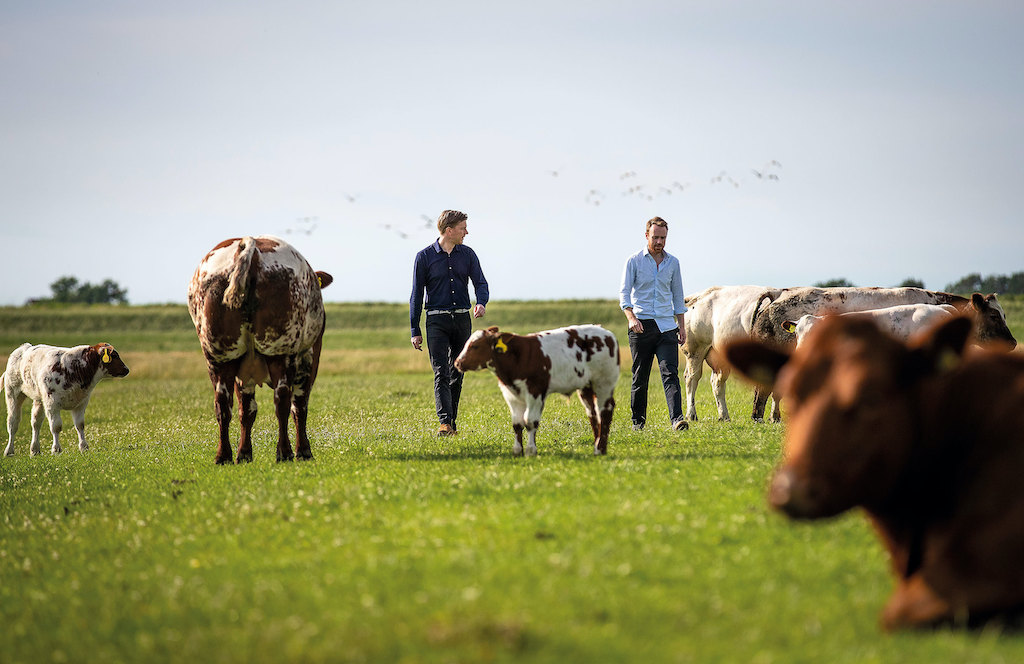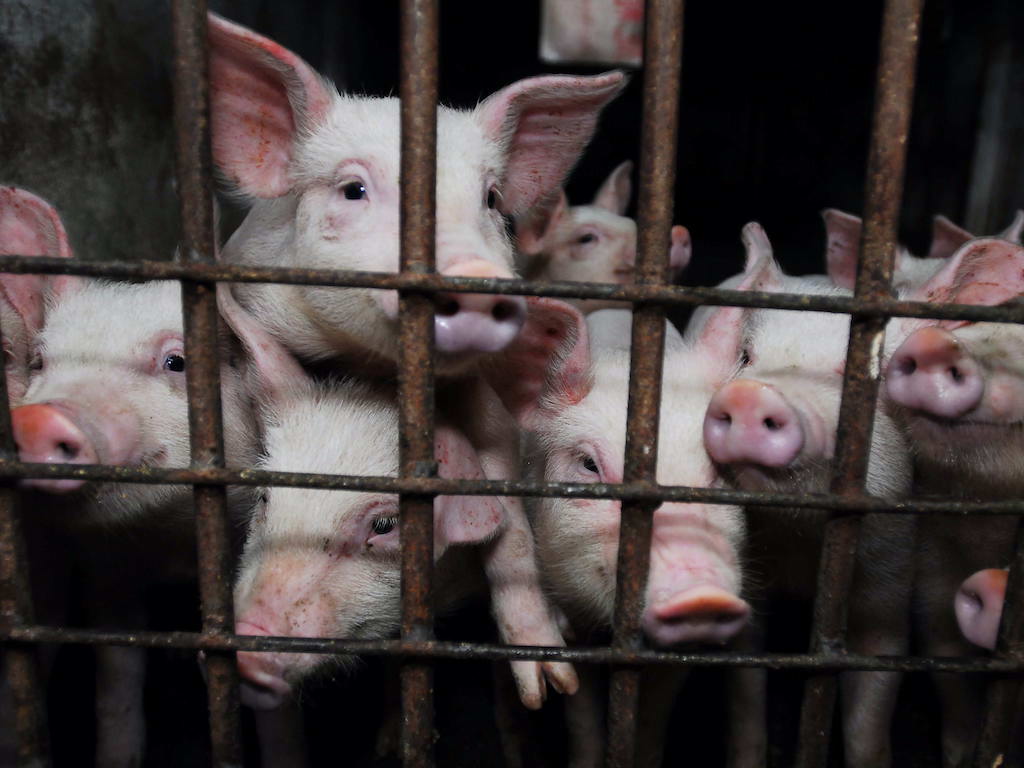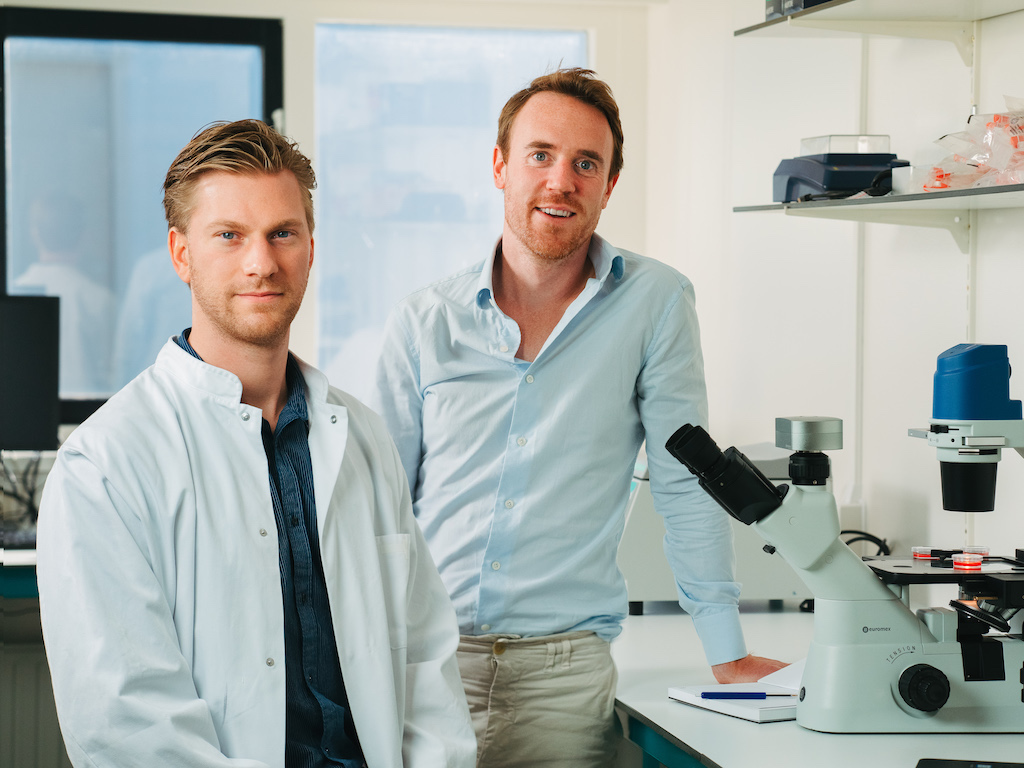3 Mins Read
Meatable, the Dutch cultivated meat startup, has raised US$47 million in its Series A financing round. The funds will be geared towards expanding its current product portfolio, adding cell-based beef after having showcased its cultivated pork last year. Meatable says the capital will also help the firm advance production using its proprietary cost-effective and scalable technology.
Dutch cultured meat startup Meatable has closed US$47 million in its Series A round, the firm announced today (March 24). The round saw investment from life sciences and food industry investors, including Section 32, DSM Venturing, Agronomics and BlueYard Capital, and brings its total funding to date to US$60 million.
Notably, Dr. Rick Klausner, the former director of the U.S. National Cancer Institute, TransferWise CEO and founder Taavet Hinrikus and and Dr. Jeffrey Leiden, professor of medicine and executive chairman of Boston-based biotech Vertex Pharmaceuticals also participated in the round.
“We are honoured to welcome a like-minded group of investors who support us on our mission – to develop, accelerate and bring to life sustainable, healthy and environmentally sound technologies that can improve the human condition,” said Meatable CEO Krijn de Nood, who co-founded the startup with Daan Luining and Dr. Mark Kotter.
“With this funding we believe we are well on our way to bringing our first products to market to sustainably satisfy the world’s appetite for meat.”

Meatable says the funds will fuel its “next phase of growth”, which will involve starting small-scale production at the Biotech Campus Delft and expanding its product portfolio, starting with cell-based beef. Since its inception in 2018, the Dutch food tech has developed a patented “opti-ox” technology behind its first cell-based pork prototype, which was showcased in 2020.
With this funding we believe we are well on our way to bringing our first products to market to sustainably satisfy the world’s appetite for meat.
Krijn de Nood, Co-Founder & CEO, Meatable
The proprietary tech platform that Meatable uses can be adapted and applied to any cell-based animal species, including sheep and fish, offering further diversification potential in the future to disrupt conventional carbon-intensive animal agriculture.
According to the food tech, the entire process of cultivating its proteins takes just weeks, and enables a more cost-effective and scalable production.
Its initial focus on developing cell-based pork was aimed squarely at the growing demand for animal proteins in Asia, where pork is the most widely consumed in the region. Expanding to beef represented the logical next step, given that raising and slaughtering cattle is the most emissions-heavy sector in the livestock industry.

They have a great team and game-changing technology that can address the challenges around the global food insecurity issues our planet is facing.
Dr. Rick Klausner
“To be able to meet the growing demand for meat in Asia and across the world, with Asia having the biggest pork demand in the world, we need breakthrough solutions,” explained de Nood. “Cultivated meat has the potential to continue to produce the product we love – meat – using a much more efficient production process.”
Dr. Klausner, who invested in the round, says that cell-based solutions developed by food techs like Meatable will be crucial to meet the climate and food challenges of the future, especially at a time when health, food safety and supply chain resilience is top of mind in the wake of Covid-19.
“They have a great team and game-changing technology that can address the challenges around the global food insecurity issues our planet is facing,” he commented. “They have all the right ingredients to become the leading choice for sustainably and efficiently produced meat.”
Lead image courtesy of Meatable.




